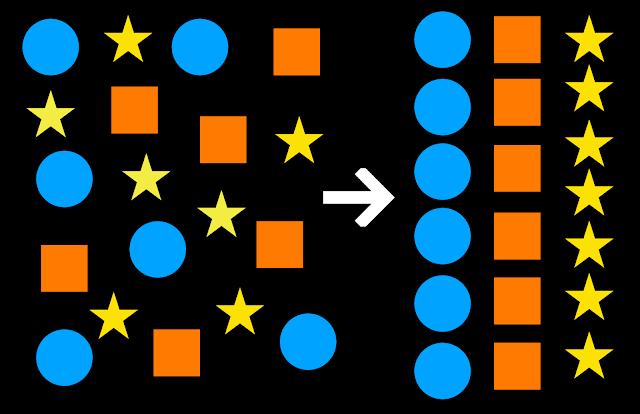GOOGLE CHROME’S BIGGEST BLUNDER:
“HOW TO STAY SAFE FROM THE LATEST VULNERABILITY”
CHROME’S LATEST VULNERABILITY: WHAT YOU NEED TO KNOW AND HOW TO STAY PROTECTED!
Ladies and gentlemen, hold onto your crypto wallets because we've got some bad news. A cyber security firm by the name of Imperva Red has recently uncovered a vulnerability that puts the data of 2.5 billion Google Chrome users at risk. You're probably saying, "But I thought my PC was unbeatable! I have antivirus software, firewalls, and a cat to protect me from hackers." Well, unfortunately for us all, cybercriminals have found a new way to steal our sensitive files and it's called 'CVE-2022-365'.
I am aware that some of you may be wondering "But wait—didn't I just say that Google Chrome was the safest browser available? After all, it's obviously not Internet Explorer." As it turns out, even the most frequently used browsers have security flaws. This particular vulnerability allows attackers to provide users with a zip file containing a symlink instead of the actual recovery keys for their crypto wallets and cloud provider credentials.
GIF SOURCE: https://giphy.com/
Now, I know some of you tech-savvy readers may be thinking "But what the heck is a symlink? And why should I care?" A file type called a symlink, commonly referred to as a symbolic link, points to another file or directory.. In this case, the symlink is pointing to a file that the attacker has control over, allowing them to steal sensitive information. And you should care because this means that all those recovery keys you downloaded to access your crypto wallet or cloud provider account could potentially be in the hands of a cyber-criminal.
GIF SOURCE: https://giphy.com/
What can you do, then, to shield yourself from this risk? The first and most important step is to update your Google Chrome browser to the latest version. Additionally, be cautious when downloading recovery keys and always verify the authenticity of the file before opening it. And for goodness sake, please don't use Internet Explorer.
Also, it's time to face the facts: our computers are not invincible and cybercriminals are always finding new ways to steal our sensitive information. But by staying informed and taking the necessary precautions, we can protect ourselves from these vulnerabilities. And hey, if all else fails, just remember that you can always rely on your trusty feline companion to keep the hackers at bay (or at least distract them so that you may shut down your computer).
GIF SOURCE: https://giphy.com/
In conclusion, it seems that our beloved Google Chrome is not as invincible as we thought it was. With the recent discovery of the vulnerability labeled as 'CVE-2022-365', it's clear that even the most popular browsers are not immune to cyber-attacks. But don't worry, we can still protect ourselves by staying informed and taking the necessary precautions.
And let's not forget, this vulnerability is not only a serious issue but also a hilarious one, especially for those of us who consider ourselves tech-savvy. I mean, just imagine the hacker's disappointment when they realize that all their hard work has resulted in nothing more than a zip file full of pictures of their ex. Talk about a major failure.
GIF SOURCE: https://giphy.com/
But let's not be too hard on the hackers, after all, they're just trying to make a living in this harsh world of cybercrime. And let's not forget, Google Chrome is not the only browser affected by this vulnerability, as it affects other browsers as well. So, if you're using a different browser, don't get too cocky just yet. You're not off the hook just because you're not using Chrome.
So, let's all take a moment to laugh at the hackers' relegation, update our browsers and software, and remind ourselves that in the fight against cybercrime, we must always stay vigilant. And remember, the next time you download a recovery key, make sure it's not a symlink in disguise.
Happy browsing, and stay safe!
GIF SOURCE: https://giphy.com/
FOLLOW US FOR THE SAME FUN TO LEARN DATA SCIENCE BLOGS AND ARTICLES: 💙
LINKEDIN: https://www.linkedin.com/company/dsmcs/
INSTAGRAM: https://www.instagram.com/datasciencemeetscybersecurity/?hl=en
GITHUB: https://github.com/Vidhi1290
TWITTER: https://twitter.com/VidhiWaghela
MEDIUM: https://medium.com/@datasciencemeetscybersecurity-
WEBSITE: https://www.datasciencemeetscybersecurity.com/






Comments
Post a Comment